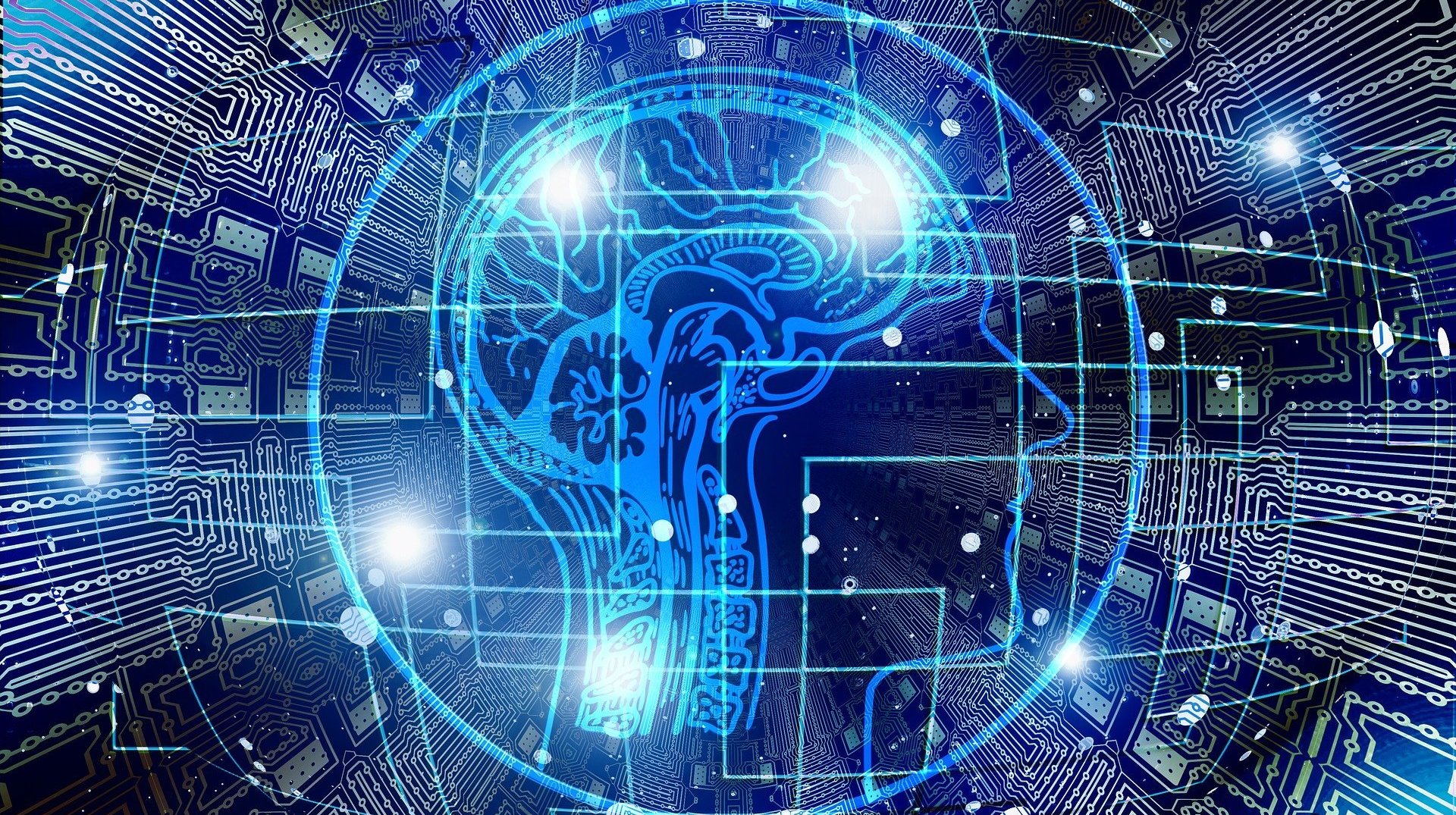How to optimise the human-technology experience in the workplace
1st March 2023
The role of Industrial Organisational Psychologists increasingly involves integrating people and technology. As we move into a digital era of work, challenges in conceptualising, designing and implementing new practices are rising. I-O Psychology is a science that embraces the psychology of work, the working individual, and the workplace. Practitioners are constantly asking how harmony between these three domains can be maintained.
Inspired by such curiosity is a desire to seek a deeper understanding of what it means to be a future fit professional and how to evolve my knowledge, skills and attributes so that I remain relevant. Senior executives, who lead the organisational strategy ask similar questions.
In the last three decades, employees in the workplace have been exposed to a massive technological shift. The internet of things and several new applications require building organisational capability that could facilitate sustainable growth. By 2025, there will be approximately 27 billion connected IoT devices. Cloud computing is becoming the default infrastructure for various applications, and IT budgets are increasingly allocated to simplify accessibility when investing in the technology stack. AI and ML are also becoming more prevalent. Consequentially, turning data into meaningful information requires leaders to have an above-average appetite for it.
Since the explosive demand for technology, companies need their executive leadership to understand data and behavioural analytics, be trustworthy and have a sharp eye for detail, discovering new frontiers. “Humane” organisations leverage authentic, ethical, and relentlessly purpose-driven employees. In a purpose-driven organisation, individuals are allowed to be disruptors, respected for their uniqueness, and nurture a culture of collaboration.
Professionals, researchers, and leaders echo the concerns brought by the current and future world of work. The most glaring adjectives in talent demand now show “digital” and “transformational” skills needed.
Against this backdrop, I’d like to share four considerations for bringing vibrance to the human-technology experience in the workplace.
1. Leadership Mindset
Leaders who are sponsors and advocates create value for all stakeholders and those with courage embrace a growth mindset. According to Carol Dweck, encouraging a growth mindset in organisations means everyone is willing to sharpen their craft. Leaders should increase their appreciation for emerging terms such as AI, ML and Cloud technology and more importantly how they can be leveraged in managing and leading in their organisation. In my experience, leaders are not always aware of the journey it takes to deliver through people and what support their direct reports need.
2. Human agency
Albert Bandura, (1925 – 2021), a well-known psychologist references human agency as an individual or collective ability to adapt and develop the capacity to cope within a rapidly changing environment. Human beings who have agency have the motivation to self-regulate, self-correct and generate the desired condition. The behavioural processes humans apply as they interact within a learning environment are critical to their success at work. I have seen when organisations allow humans to fail through experimentation, they provide the right ecosystem that enables adaptation. When considering new technologies, I would recommend starting with a small pilot study and then observing and analysing the data becoming available which gives insights towards building scalable solutions.
3. Change Management
Driving activation and adoption are strategic levers which unlock operational efficiencies and enhance the user experience. CEOs want to see the impact of both hard and soft factors that leads to organisational effectiveness. New frameworks for AI and ML allow CEOs to make close to accurate predictions about internal and external stakeholder engagement. In my experience, failure to set up a wholesome change management plan and select the most suitable individuals to evangelise the change will lead to countless abandonment rather than setting the benchmark. Simply put, human usage of technology will increase where the experience is sleek.
4. Create Enthusiasm
When teeing up the human-technology experience, those who are enthusiastic about coordinating the social and production processes are those who will have the resilience required until everyone wins. I like the quote by Ralph Waldo Emerson “Enthusiasm is the mother of effort, and without it, nothing great was ever achieved”. In my experience, communicating clearly, appealing to the sense of achievement and celebrating the efforts of early adopters can have a contagious effect on the enthusiasm of others.
Ultimately, decision-making which involves complex problem-solving when introducing new technologies at a fast pace squarely sits at senior levels of accountability. In advocating humane workplaces, the well-being and productivity of employees are central to remaining profitable and remaining competitive.
About the author
Want to discover more about improving the human experience when implementing new technologies in the workplace?
Reach out to Dr Shirleen Kieswetter-Titus on LinkedIn to schedule a personalised conversation. Shirleen is an experienced I-O psychologist, executive coach and business consultant whose purpose is to increase her contribution to a humane workforce and society at large.
She brings a global mindset nurtured by vast life and career experiences to help raise the level of consciousness in humanity.
Shirleen says, “finding meaning in a human complex world helped me develop deep compassion and leadership to influence transformative change. It is essential for me to see the world through the lens of valuing differences, nurture my personal well-being, teach the art of collaboration, and have a significant social impact on the experiences of others”.

Share this post:



